- About
- Our Business
- Research
-
Manufacturing
- Financials
- Blog
- Careers
- Newsroom
- Contact

Gennova has developed two platforms - Mammalian and Microbial. It has launched 6 biologics in India and rest of the world, and continues to build a robust pipeline of differentiated biologics for future. Gennova's focus is on orphan drugs/shortage drugs which are difficult to manufacture and have a large nascent market.
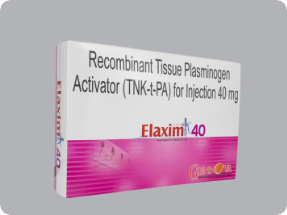
It is a third-generation thrombolyte which is a modified version of natural tissue plasminogen activator and is indicated for the use of reduction of mortality associated with acute myocardial infarction (AMI). Elaxim™ was launched in 2007 in three vial presentations (Elaxim™- 30mg, Elaxim™- 40mg and Elaxim™- 52.5mg) for single intravenous (IV) bolus administration. Elaxim is a market leader and for the indication of Acute Ischemic Stroke, Tenecteplase is provided in a single dose of 20 mg.
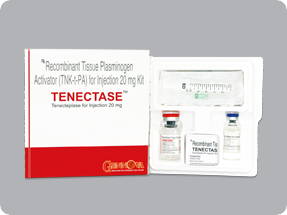
Tenectase® is indicated in thrombolytic treatment of acute ischemic stroke (AIS) within 3 hours of stroke initiation. For the indication of AIS, Tenecteplase is provided in a single dose of 20 mg along with 10 mL of sterile water for injection. A 20 mg vial of Tenectase contains 21 mg of Tenectase®, L-arginine, phosphoric acid and polysorbate 20, which includes a 20 % overfill. This will deliver 20 mg of Tenecteplase.
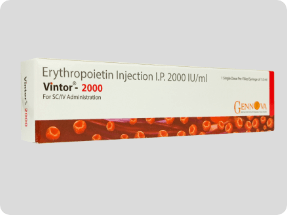
It is a biologic recombinant EPO, made in CHO cells, under the brand name Vintor® for intravenous or subcutaneous administration which was launched in 2007. Erythropoietin (EPO) is primarily indicated for patients suffering with Chronic Renal Failure (CRF)
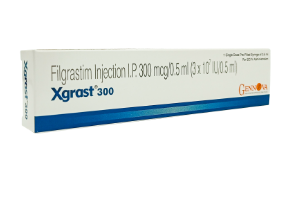
It is a biologic Filgrastim that is indicated for use in cancer patients receiving myelosuppressive chemotherapy, bone marrow transplant, patients with acute myeloid leukemia receiving induction or consolidation chemotherapy, patients undergoing peripheral blood progenitor cell (PBPC) collection & therapy and patients with severe chronic neutropenia.
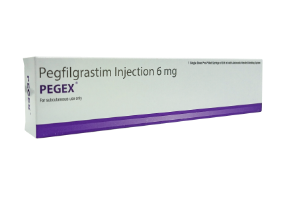
It is indicated for febrile neutropenia in patients with non-myeloid malignancies receiving myelosuppressive anti-cancer drugs associated with a clinically significant incidence of febrile neutropenia.
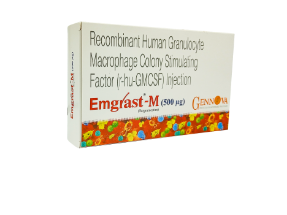
It is used in cancer patients following induction chemotherapy in acute myelogenous leukemia and following transplantation of autologous peripheral blood progenitor cells, myeloid reconstitution after autologous or allogeneic bone marrow transplantation, bone marrow transplantation failure or engraftment delay and in the treatment of chemotherapy or radiotherapy induced neutropenia.
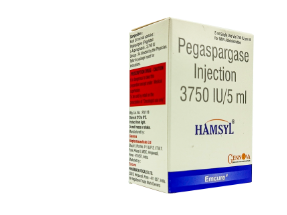
Pegaspargase, a modified version of the enzyme L-asparaginase, is indicated as a component of a multi-agent chemotherapeutic regimen for the treatment of patients with acute lymphoblastic leukemia (ALL).